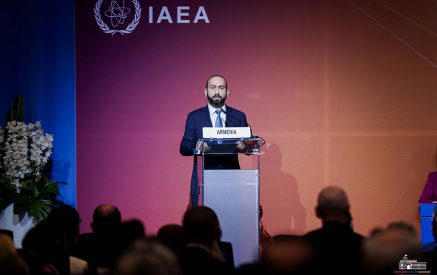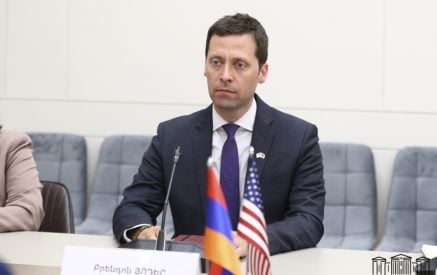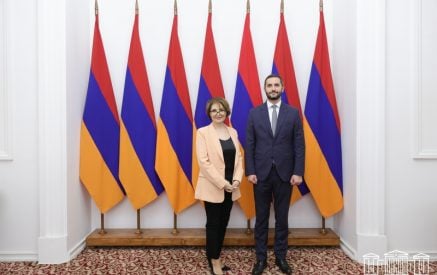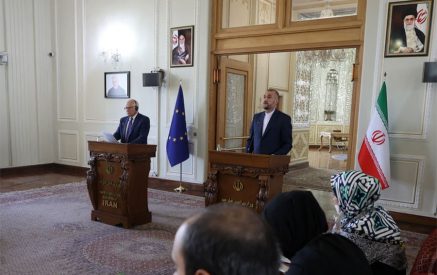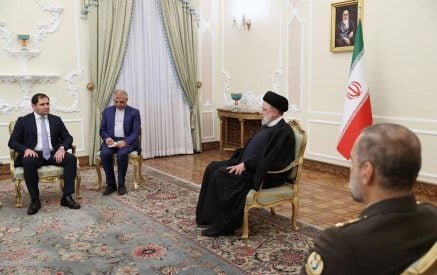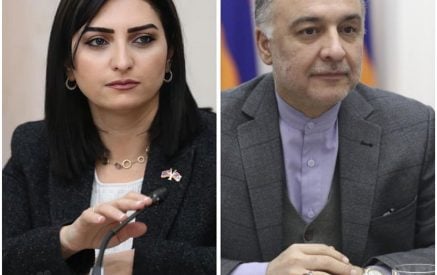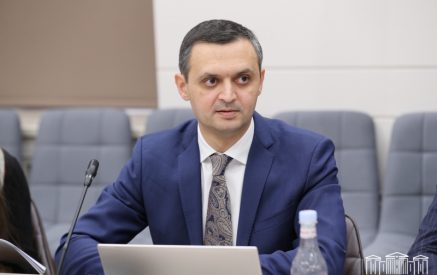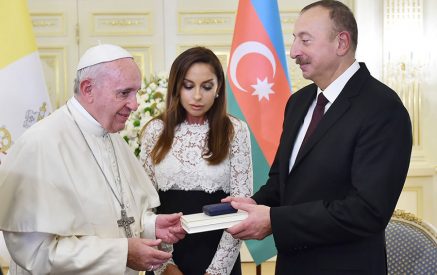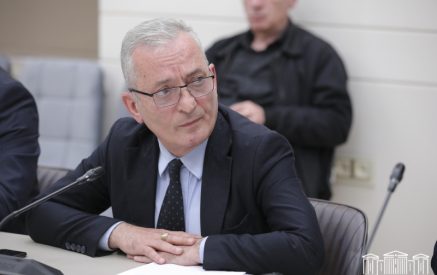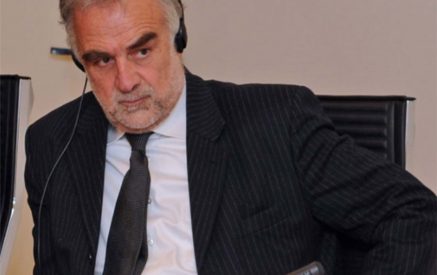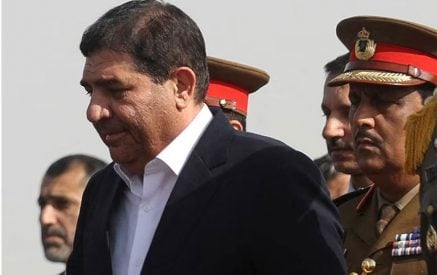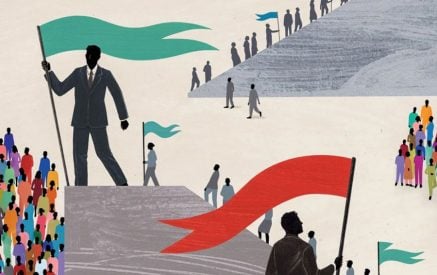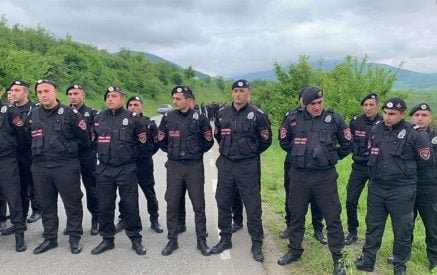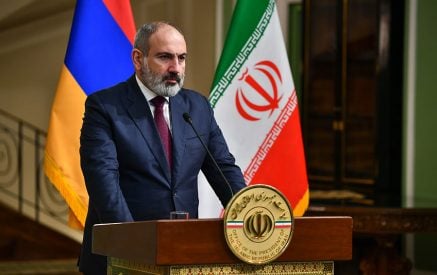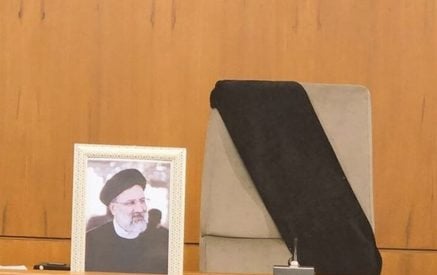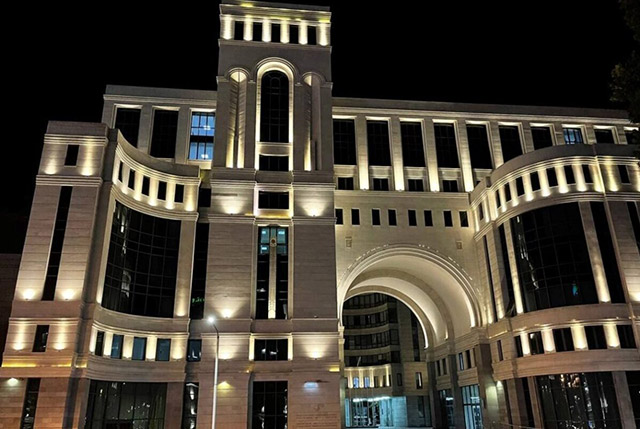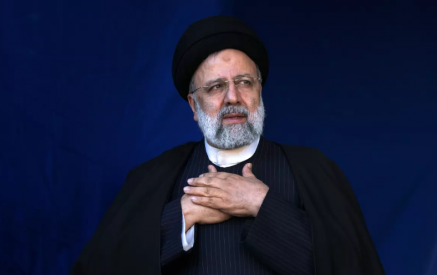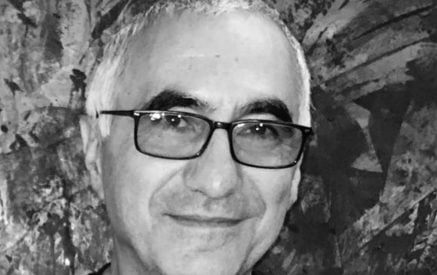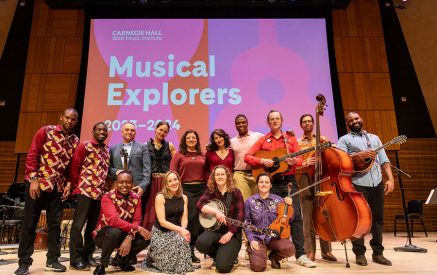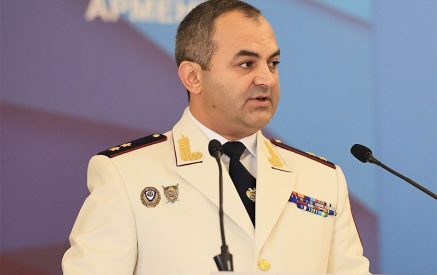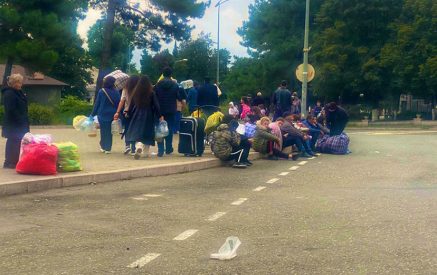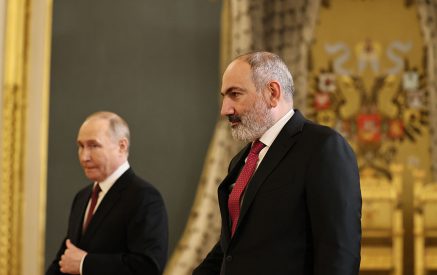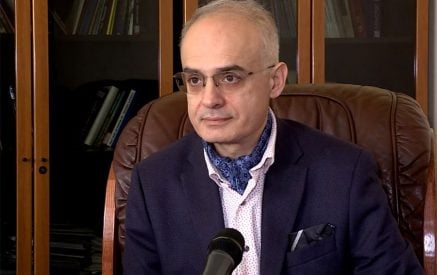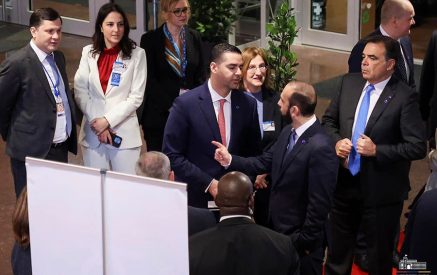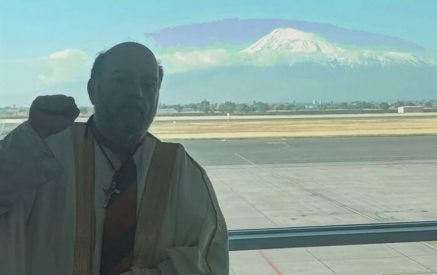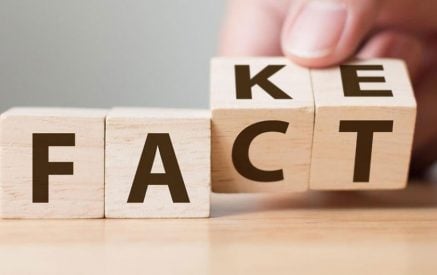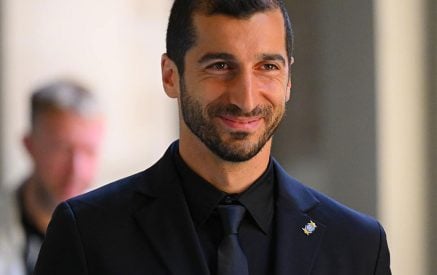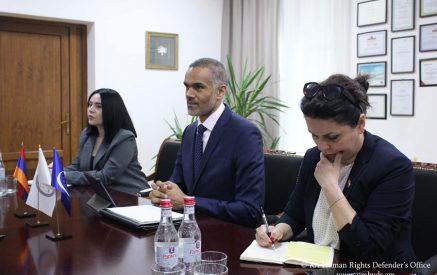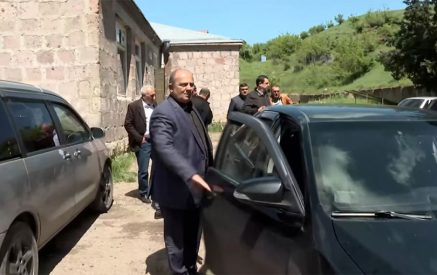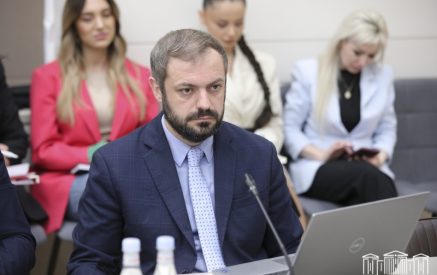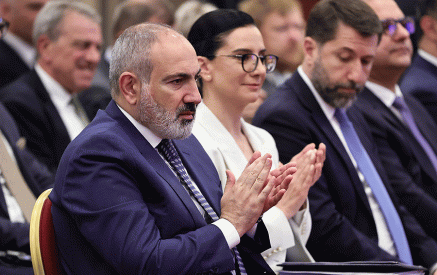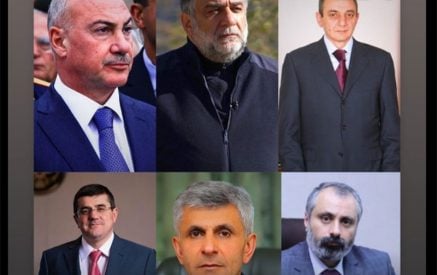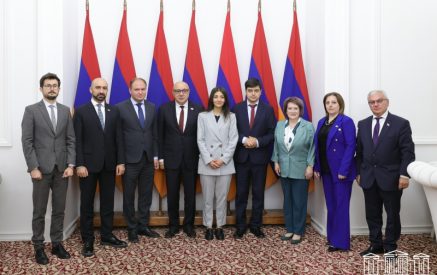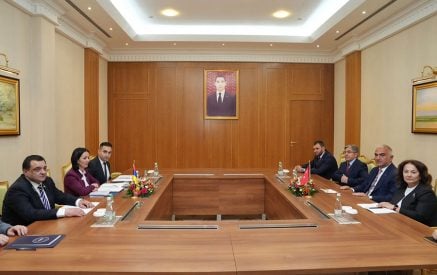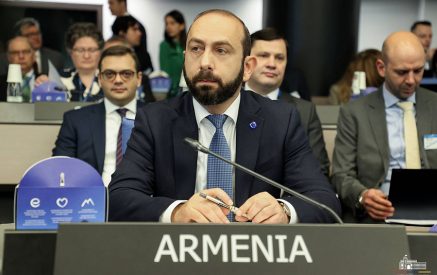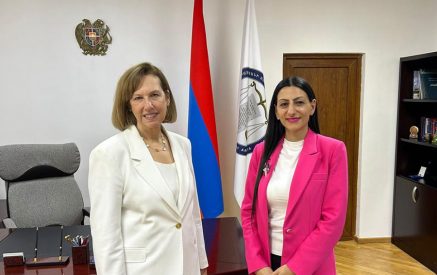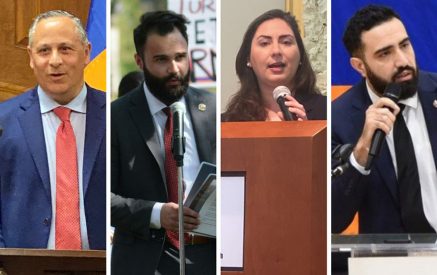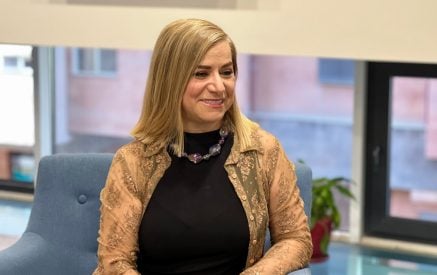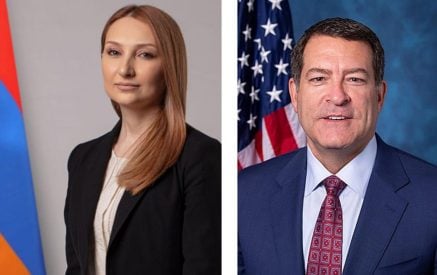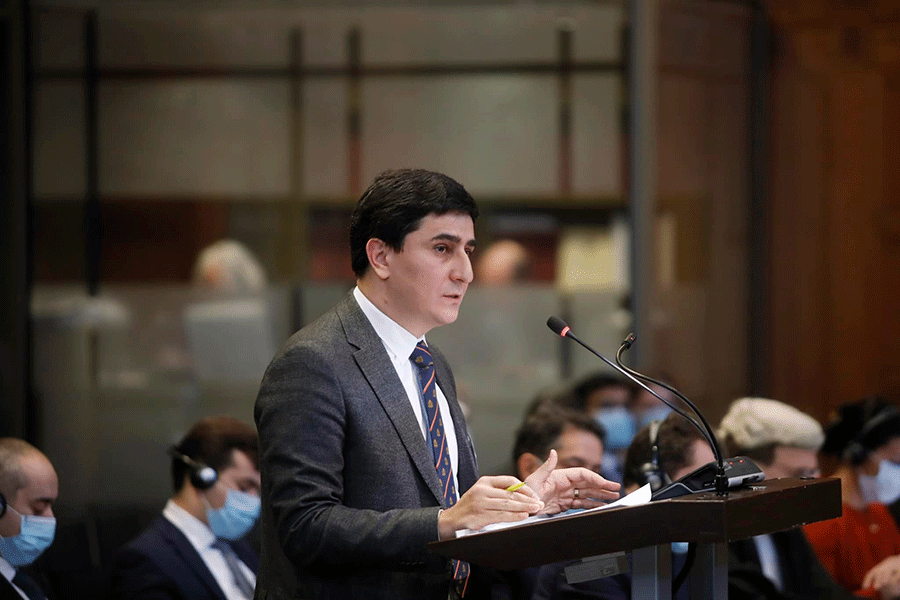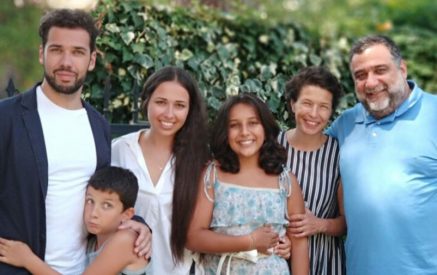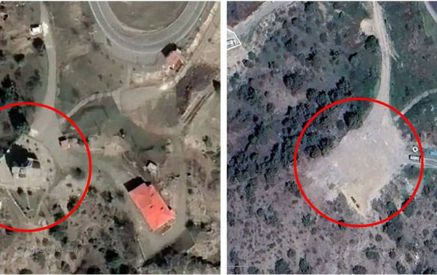1lurer.am. The International Court of Justice (ICJ), the principal judicial organ of the UN, held public hearings on the request for the indication of provisional measures submitted by the Republic of Armenia in the case concerning Application of the International Convention on the Elimination of All Forms of Racial Discrimination, in the frameworks of “Armenia v. Azerbaijan” case on Thursday 12 October 2023, at the Peace Palace in The Hague, the seat of the Court. Session held under the presidency of Judge Joan E. Donoghue, President of the Court.
In his speech, Yeghishe Kirakosyan, Representative of Armenia on International Legal Matters particularly said:
Madam President, distinguished Judges of the Court, it is an honor to appear before you today as the Agent of the Republic of Armenia.
Less than nine months ago, I stood at this podium and warned that Azerbaijan was putting in motion a plan to ethnically cleanse Nagorno-Karabakh of all ethnic Armenians. Madam President, it pains me greatly to say – that has now materialized.
After a nine-month blockade, maintained in flagrant violation of the Court’s Orders and in the face of widespread international condemnation, on 19 September, Azerbaijan launched a full-scale attack on Nagorno-Karabakh. It then cynically opened the Lachin Corridor for the first time in nine months only to let out more than 100,000 fleeing ethnic Armenians. Despite comprising for millennia the great majority of the population of Nagorno-Karabakh, almost no ethnic Armenians remain in Nagorno-Karabakh today. If this is not ethnic cleansing, Madam President, I do not know what is.
I expect my counterpart will tell you this afternoon that Azerbaijan is committed to (quote) “reconciliation” and a “peaceful future” (end quote) with ethnic Armenians. But if those words sound familiar to you, it is because he said the exact same thing nine months ago, after which Azerbaijan continued to deliberately interrupt vital public utilities and starve the ethnic Armenians of Nagorno Karabakh for another eight months, before brutally attacking them and causing them to flee their ancestral home.
I expect my counterpart will tell you that Azerbaijan will permit those it considers its citizens to return. He promised the same thing in October 2021 when he claimed that, in areas that had been transferred to Azerbaijan in 2020, Azerbaijan was (quote) “committed to the return of displaced persons, regardless of their national or ethnic origin.” (end quote) Two years later, not a single ethnic Armenian has been permitted to return to those areas, and instead virtually all remaining ethnic Armenians of Nagorno-Karabakh have been forced to flee their homes.
I expect my counterpart will also tell you that Azerbaijan will treat any ethnic Armenian who returns in accordance with Azerbaijan’s obligations under the CERD. He promised treatment of ethnic Armenians in accordance with the CERD in October 2021 as well. Two provisional measures orders by the Court did not deter Azerbaijan from escalating its violations of the CERD.
Madam President, distinguished Judges of the Court, let me be perfectly clear: since September 2020, Azerbaijan has been taking steps to cleanse Nagorno-Karabakh of ethnic Armenians, and it has been doing so while Armenia’s claims under the CERD are pending before the Court. Political considerations may have prevented the international community from acting to stop it, but the reality of such ethnic cleansing is crystal clear to all.
Azerbaijan’s accountability for violations will be determined at the merits stage of this case. But you can still make a meaningful difference on the ground today. There is still time to prevent the forced displacement of ethnic Armenians from becoming irreversible, and to protect the very few ethnic Armenians who remain in Nagorno-Karabakh, as well as those who have been abducted and are currently unlawfully detained in Azerbaijan’s prisons.
Madam President, distinguished Judges of the Court, Azerbaijan’s cynicism crosses any imaginable boundary. It complains that Armenia’s claims before this Court are (quote) “contrary to the norms and principles of international law,” and asserts that such actions (quote) “constitute the main threat to establish peace, security and justice in the region,” and alleges that Armenia is (quote) “not interested in the process of peace and normalization with Azerbaijan.” Such remarkable stance is in stark conflict with the very foundations of the international legal order, which is based on the premise that disputes should be resolved by peaceful means only. And it reflects the way Azerbaijan prefers to resolve its disputes, that is by resorting to the illegal use of force. Is this how Azerbaijan understands peace and security?
Before I conclude by outlining the presentation of Armenia’s case this morning, please allow me one final point.
Time and again, Azerbaijan has shown not only that it is willing to mislead the international community, but also that it is willing to misrepresent the Court’s Orders in doing so, or even to use them to justify its own violations of the CERD. In these circumstances, nothing other than targeted, unequivocal provisional measures protecting the rights of the ethnic Armenians of Nagorno-Karabakh will suffice to prevent the ethnic cleansing Azerbaijan has perpetrated from continuing and becoming irreversible; to safeguard Armenians’ millennia long enduring cultural presence in Nagorno-Karabakh from being eradicated, as was already done in Nakhichevan and is being done elsewhere in Azerbaijan; and to protect the abducted political-military leadership of Nagorno-Karabakh from fabricated criminal charges. If your provisional measures retain any ambiguity whatsoever, Azerbaijan will exploit them. And in so doing, it will ensure that the ethnic Armenian presence and history in Nagorno-Karabakh are permanently wiped out. While we do not do so lightly, it is in these circumstances that we approach the Court for the third time.
The remainder of Armenia’s presentation this morning will be structured as follows:
First, Mr. Martin will set out the facts compelling Armenia’s request.
Second, Professor Sicilianos will explain why Armenia’s requests fall within the jurisdiction of the Court, why the rights for which protection is sought are plausible, and how those rights are linked to the provisional measures requested.
Third, Ms. Macdonald will demonstrate the ongoing irreparable prejudice and urgency necessitating the indication of provisional measures.
Fourth, Professor Murphy will explain why each of the first nine provisional measures requested by Armenia is necessary to protect the rights of ethnic Armenians.
Fifth, Professor d’Argent will explain why the tenth and final provisional measure requested by Armenia is equally necessary and offer certain concluding remarks about Armenia’s third request for provisional measures.
Finally, I will return to the podium to read Armenia’s final submissions.
I thank you, Madam President, distinguished Members of the Court, for your attention and careful consideration of Armenia’s Request. I now kindly ask that you invite Mr. Martin to address the Court.

